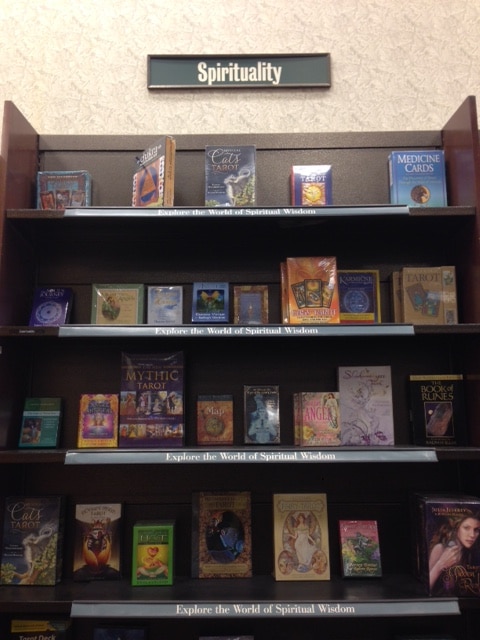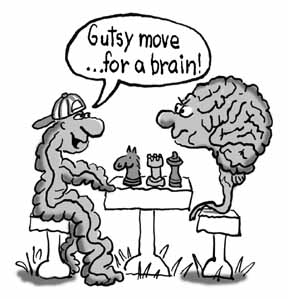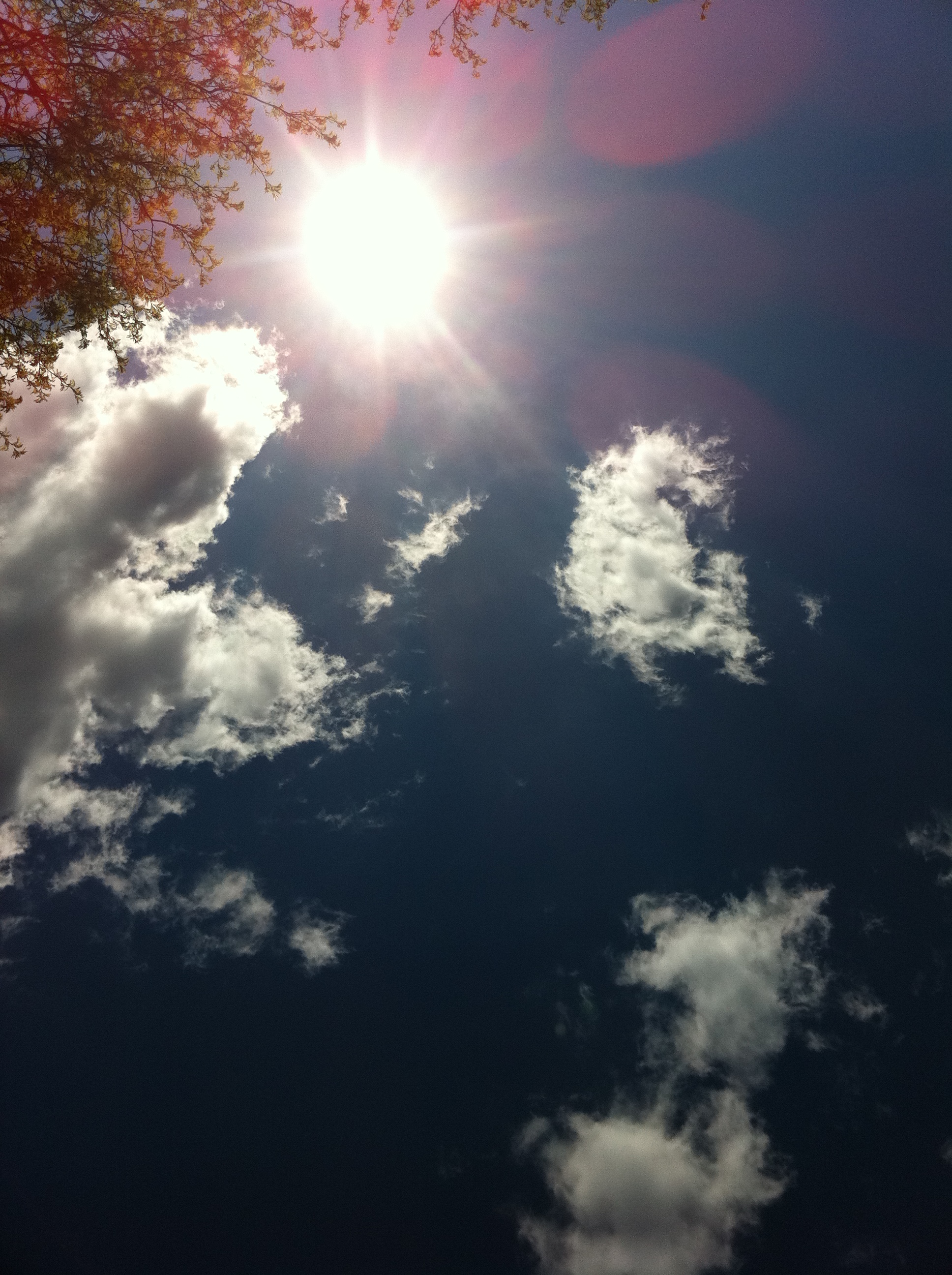Essential Spirituality – who is guiding me?
 I was browsing a spirituality section in the local Barnes & Noble – it looked pretty sad to me. Tarot reading, angel answers, psychic and astrology books – this is what Spirituality is reduced to on book shelves. This is what we have been warned against – lulling ourselves into a state of fake peace where some other supreme being or entity is supposed to send us inspiring messages and energy. “Explore the world of spiritual wisdom” is the underlying theme, but I wonder how much real change people are experiencing from reading these titles. I am not at all against these practices and as a matter of fact, I read horoscopes once in a while to receive encouraging messages. However, this is not true spirituality and it should not be called as such. The “side effects” of meditation and spiritual practices that rely on limited positivity are explained very clearly in Chapter 8 of “Harmony Meditation: from well-being to well-dying.”
I was browsing a spirituality section in the local Barnes & Noble – it looked pretty sad to me. Tarot reading, angel answers, psychic and astrology books – this is what Spirituality is reduced to on book shelves. This is what we have been warned against – lulling ourselves into a state of fake peace where some other supreme being or entity is supposed to send us inspiring messages and energy. “Explore the world of spiritual wisdom” is the underlying theme, but I wonder how much real change people are experiencing from reading these titles. I am not at all against these practices and as a matter of fact, I read horoscopes once in a while to receive encouraging messages. However, this is not true spirituality and it should not be called as such. The “side effects” of meditation and spiritual practices that rely on limited positivity are explained very clearly in Chapter 8 of “Harmony Meditation: from well-being to well-dying.”
In ZEN method for executive leaders today our teacher talked about a spiritual field which is different from the energy field. We were able to experience firsthand the relationship among energy, spirituality and chakras, and what the right attitude should be toward these phenomena and principles.
We learned that there are mechanisms that allow us to grow the ability to connect to higher purpose and wisdom. A study and practice of these mechanisms is the ultimate empowerment as it enables us to progress toward the bigger and brighter Self, toward the authentic alive peace with unlimited power and potential.


